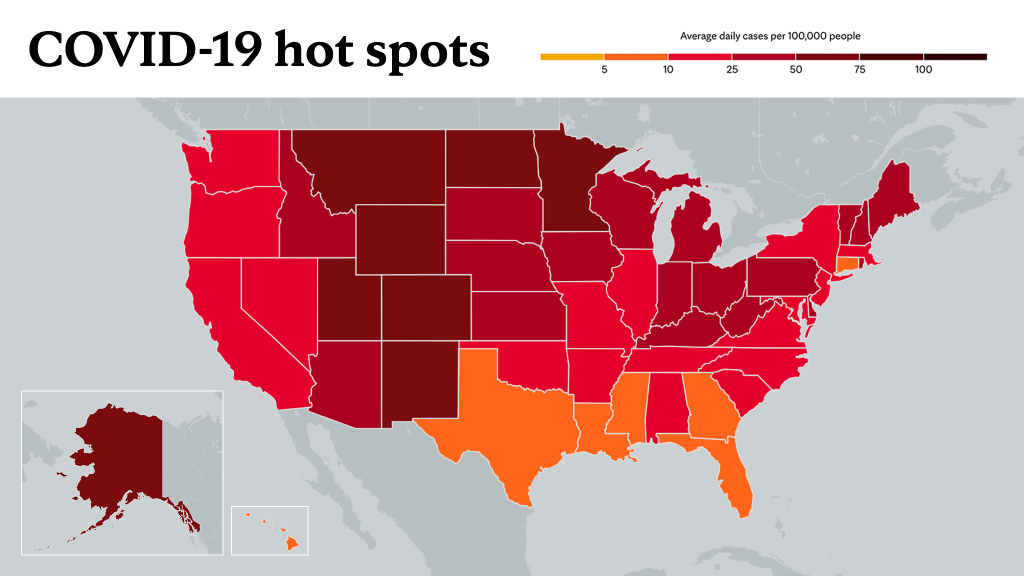
As eligibility for COVID-19 vaccination now includes children 5–11, parents may want to consider preparing their children in advance of the needlestick.
"Vaccines and shots are always a stressful part of the visits for our kids," says Dr. Tina Ardon, a family medicine physician at Mayo Clinic and mom of three. "Talking about that ahead of time was really helpful for them, as you can explain what to expect and why it's important to take the vaccines."
Children 5 to 11 are now eligible for two doses of the Pfizer COVID-19 vaccine, with age-appropriate doses, as are children 12 and older. The Johnson & Johnson and Moderna vaccines have not yet been approved for children.
Watch: Dr. Ardon shares tips on how to prepare your children for the COVID-19 vaccine.
Journalists: Broadcast-quality video sound bites with Dr. Ardon are in the downloads at the end of this post. Please courtesy: "Tina Ardon, M.D. / Family Medicine / Mayo Clinic"
"If your child is extremely needle phobic, then I would say reach out to your pediatrician or family doctor," says Dr. Ardon. "Sometimes there are ways that we can make that experience a little bit more comfortable and safer for the patient with distraction techniques that we can employ or even have numbing medications on hand, as well."
Vaccines for the 5–11 age group come in a smaller dose, and with different packaging and needles, compared to other doses. Despite those differences, Dr. Ardon says the COVID-19 vaccine is in many ways like other vaccines children already receive.
"The COVID-19 vaccine is administered in the same way, either in the arm or in the leg, depending on the age of the child," says Dr. Ardon. "The doses are appropriate for the age of the child, and side effects are similar to other vaccines, including fever, muscle aches, but most likely pain, redness and swelling at the injection site."
Dr. Ardon says it is recommended that patients wait until after the vaccine to see if they develop symptoms, such as fever or muscle aches. That's the time to determine if medications like acetaminophen or ibuprofen would help.
She adds that if parents are worried about how their children might react, consider scheduling the vaccination for a day they are off school or for a weekend.
_______________________________________
For the safety of its patients, staff and visitors, Mayo Clinic has strict masking policies in place. Anyone shown without a mask was recorded prior to COVID-19 or recorded in an area not designated for patient care, where social distancing and other safety protocols were followed.
Information in this post was accurate at the time of its posting. Due to the fluid nature of the COVID-19 pandemic, scientific understanding, along with guidelines and recommendations, may have changed since the original publication date.
For more information and all your COVID-19 coverage, go to the Mayo Clinic News Network and mayoclinic.org.
Learn more about tracking COVID-19 and COVID-19 trends.








